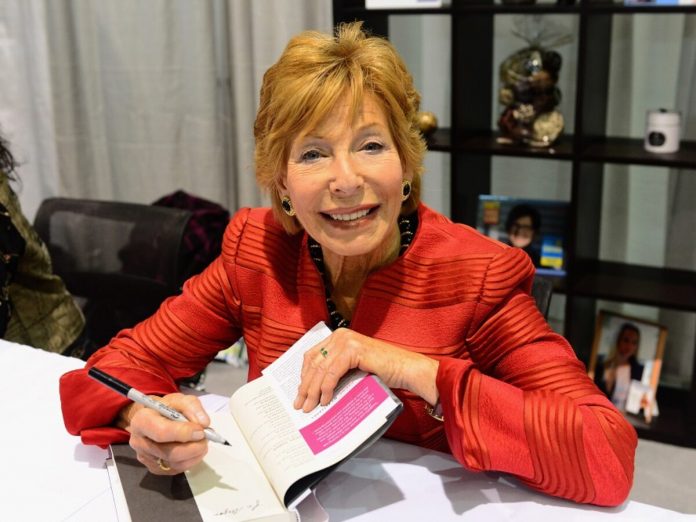Gail Sheehy, the journalist, commentator and pop sociologist whose best-selling “Passages” helped millions navigate their lives from early adulthood to middle age and beyond, has died. She was 83.
Sheehy, widow of New York magazine founder Clay Felker, died Monday of complications from pneumonia in Southampton, New York, according to her daughter, Maura Sheehy.
“Passages: Predictable Crises of Adult Life” was published in 1976 and immediately caught on with a generation torn by the cultural revolution of the time, sorting through mid-life struggles, marital problems, changing gender roles and questions about identity. As Sheehy noted in the book’s foreword, close studies of childhood and old age were widely available, but far less scrutiny had been given to the prime years of work and relationships.
“It occurred to me that what Gesell and Spock did for children hadn’t been done for us adults,” Sheehy wrote. “It’s far easier to study adolescents and again people. Both groups are in institutions (schools or rest homes) where they make captive subjects. The rest of us are out there in the mainstream of a spinning and distracted society, trying to make some sense of our one and only voyage through its ambiguities.”
Drawing upon more than 100 interviews, Sheehy combined research and personal stories to probe why some marriages lasted and others ended, why some left unsatisfying jobs while others stayed, why some were able to reconcile with growing older while others never developed beyond their early years. Part of the book’s appeal was its hopeful message, as suggested by the subtitle: There’s a consistent and manageable pattern to adulthood; it’s ok not to be young anymore; if you’re willing to take chances, there are richer, more meaningful ways to find happiness later in life.
“The greatest surprise of all was to find that in every group studied, whether men or women, the most satisfying stages in their lives were the later ones,” she wrote. “Simply, older is better.”
“Passages” helped set off a conversation that lasted for decades. The New York Times praised Sheehy for her “pertinent and persuasive” objections and a 1991 survey conducted for the Library of Congress and the Book-of-the-Month Club ranked “Passages” among the books that most influenced people’s lives.
But Sheehy was criticized for overgeneralizing, for focusing too closely on affluent professionals and for such glib expressions as “Trying Twenties.” She also was sued for plagiarism. Los Angeles psychiatrist Roger Gould alleged that Sheehy made extensive use of his research without giving him credit. The case was settled out of court.
Sheehy herself acknowledged shortcomings, notably that there was much to say about life after age 50. She would continue with “The Silent Passage” (menopause), “New Passages” (life after 50), “Understanding Men’s Passages (a midlife resource for men) and “Passages in Caregiving” (caring for family members). Sheehy told her own story in the 2014 memoir “Daring: My Passages.”








